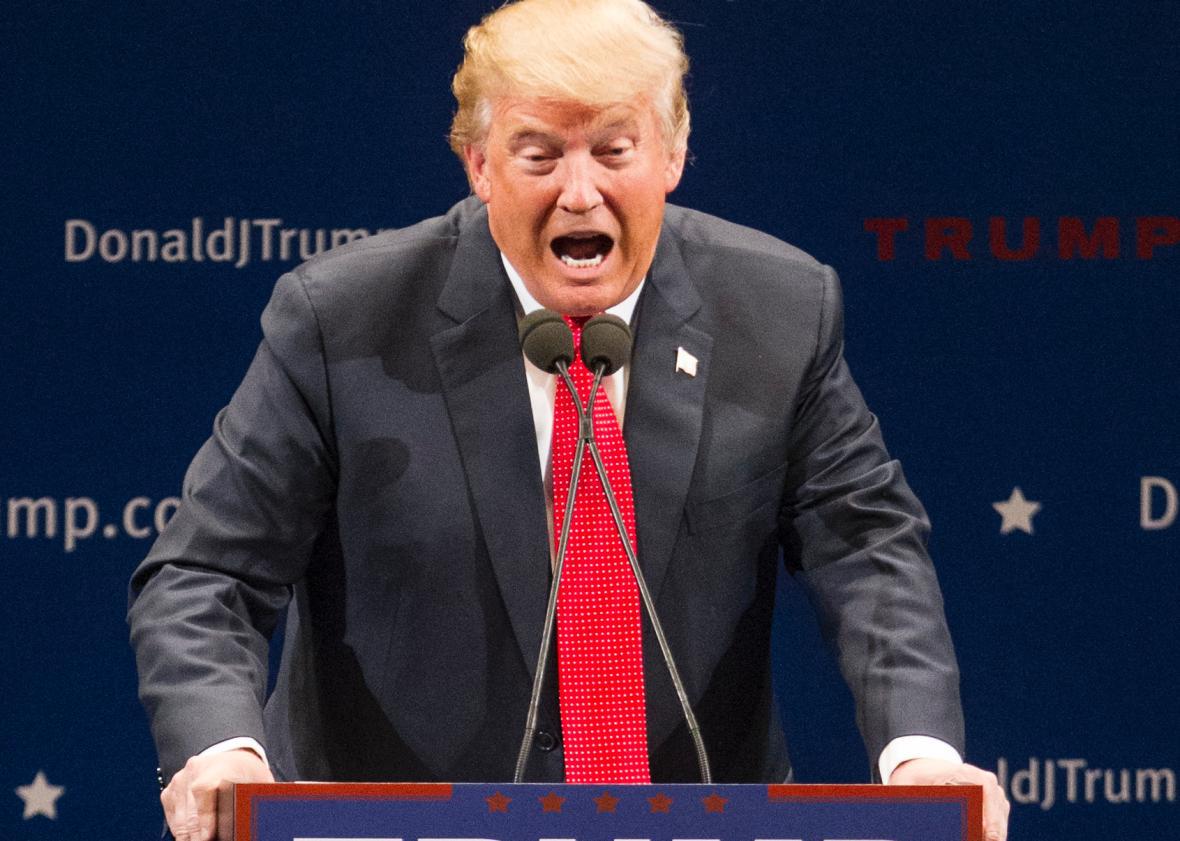Long before he was a viable candidate for the GOP presidential nomination, Marco Rubio composed a list of 100 things. Those things were “innovative ideas for Florida’s future,” and they are now available for purchase on Amazon. Rubio put forth those 100 things in 2006, as the speaker of the Florida House; one of them, number 43, was a revolutionary proposal for policing sex work.
The Daily Beast reports today that Rubio’s idea, which never made it through the Florida state Senate, was to offer sex workers and their clients immunity as “whistleblowers” if they turned themselves in and ratted on others. As an incentive, Rubio would have promised them half the proceeds from the cash or property seized from anyone convicted by the “whistleblower’s” testimony.
This proposal’s pitfalls are clear: Johns would have been able to pay for sex, then snitch on the people they’d hired and reap the benefits of their arrests; most sex workers aren’t rolling in cash, and a policy that rested on asset forfeiture would exacerbate the systems of poverty that force some into sex work in the first place.
Sex work hasn’t arisen as one of the principal issues of the Republican presidential race, but most of the candidates have something on their record that hints at their views on how the state should treat the industry. Perhaps the closest any current GOP candidate has come to benefiting from sex work is Donald Trump, whose German-immigrant grandfather, Friedrich, owned a brothel in the late 19th century. Trump historian Gwenda Blair writes in Politico:
[Friedrich] Trump headed for a prime location, the city’s red-light district, known as the Lava Beds. There he leased a tiny storefront restaurant named the Poodle Dog, which had a kitchen and a bar and advertised “private rooms for ladies”–code for prostitutes. It would allow the resourceful Trump, who renamed it the Dairy Restaurant, to offer the restless, frustrated public some right-now satisfaction in the form of food, booze and easily available sex.
Rick Santorum and Ted Cruz may not have inherited a fortune begat in part by the sex trade, but they don’t seem to harbor much moral opposition to it. Both made robocalls last year on behalf of Louisiana senator and then–gubernatorial candidate David Vitter, who was one of the biggest figures implicated in the D.C. Madam scandal.
How lawmakers prosecute sex slavery and trafficking often says as much about their priorities as their attitudes toward sex work at large. As Ohio governor, John Kasich signed into law a 2014 bill that made it a felony to pay for sex with a person who is under 16 years of age or developmentally disabled. It also changed the way the state treated underage survivors of human trafficking, who used to be labeled prostitutes and prosecuted for solicitation. When Chris Christie was a U.S. attorney in the aughts, he cut a deal with a New Jersey human trafficker whose crimes he called “among the most vile” he’d seen in his tenure. Christie’s office let her off with just six months house arrest and three years of probation, in part because she helped the future governor shore up his anti-corruption chops by offering testimony that led to a small-town mayor’s conviction.
Rand Paul has long fought the perception that he and his father support sex-work legalization. In 2010, Kentucky Democrat Jack Conway campaigned against Paul with an ad that accused Paul of wanting to legalize meth, burglary, and prostitution. On Fox News, Paul clarified that he does think drugs and sex work should be illegal, and he was “not proposing any changes” to the laws that criminalize them. Paul also sought to correct the popular belief that Ron Paul supported legalizing sex work, claiming that he never heard his father use the word “prostitution.” Mike Huckabee, meanwhile, hasn’t made any statements that suggest he’d like to legalize sex work, but he has promised to tax “pimps [and] prostitutes.” That idea points to a regulated system that recognizes sex work above board—making Huckabee, improbably enough, perhaps the most progressive candidate of the bunch on this issue.
